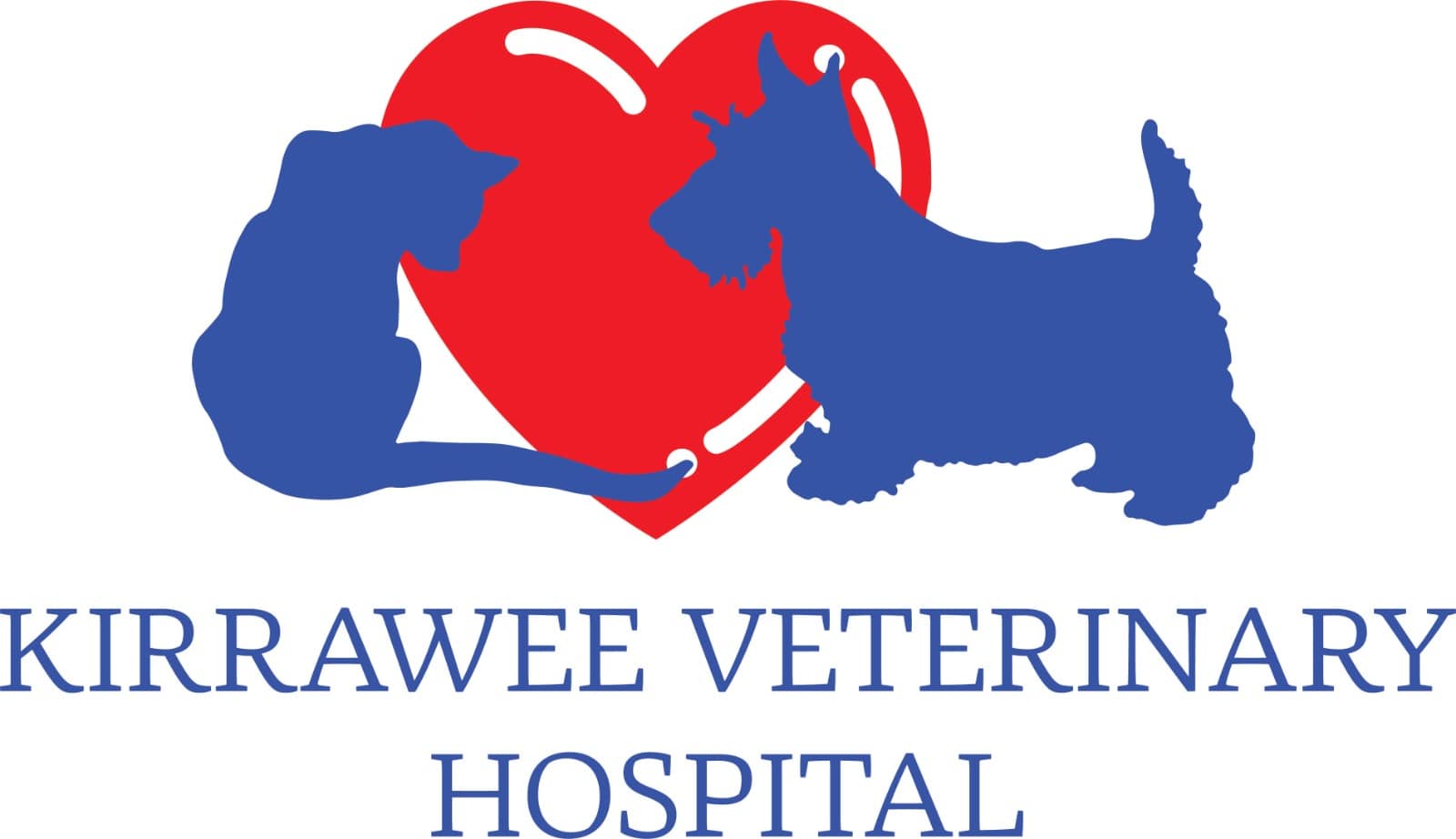Patellar Luxation in Dogs - Expert Care in NSW

Patellar Luxation in Dogs
Patellar luxation is a common condition in dogs of all ages. It occurs when the dog’s kneecap, called the patella, dislocated from its normal position in the groove of the thigh bone (femur). This condition can be painful and restrictive for dogs, so it’s important to seek treatment as soon as possible. In this article, the Kirrawee Veterinary Hospital team is taking a closer look at the symptoms, causes and treatments of patellar luxation.
The Risks of Patellar Luxation
When the patella is dislocated from the femur, it can only be returned to its natural position once the quadriceps muscles in the hind legs are relaxed and lengthened – this is why many dogs with the condition hold their hind legs out for minutes at a time.
Smaller dogs are at a higher risk of kneecap dislocation, and female dogs are 1.5 times more likely to suffer from it. Watch out for the following symptoms to discover whether your dog has the condition.
The symptoms of patellar luxation include:
- Abnormal movement in the hind limbs
- Gradual or sudden lameness in limbs
- Sudden pain when running
- Holding limbs out straight
- Bent or wide-legged posture
What Causes Patellar Luxation in Dogs?
Patellar luxation is typically caused by a genetic defect or sudden trauma to the area. Dogs who are born with the defect will begin showing signs of kneecap dislocation at approximately 4 months of age.
Diagnosing and Treating Patellar Luxation
At Kirrawee Veterinary Hospital, we use a range of methods to diagnose patellar luxation including touching the area to feel the kneecap’s mobility. We may use top-view and side-view x-rays to see if the bones in the leg have twisted or bent. We may also take a fluid sample from the joint and analyse it to check for increased mononuclear cells in the synovial fluid.
Most vets will recommend surgery as the treatment of choice for severe patellar luxation because medical treatment has had little success. Surgery works to correct the structure and movement of the kneecap – 90% of surgeries have been successful in curing the condition! The two surgical options are:
- Fastening the kneecap to the outside of the bone so it cannot slide
- Deepening the groove of the thighbone so that it can hold the kneecap
Managing Your Dog’s Patellar Luxation
After a successful surgery, you will need to exercise your dog slowly for one month and prevent them from jumping as much as possible. Check back with your vet every year to ensure the problem doesn’t reoccur.
Contact Kirrawee Veterinary Hospital for Treatment
Get in touch with the team at Kirrawee Veterinary Hospital to have your dog examined for patellar luxation. You can make an appointment by calling (02) 9521 6422 or contacting us online.
Pet Care Tips Listing
- Things to Know About Pet Diabetes
- Things to Know About Dog and Cat Arthritis
- How to Prevent Your Dog from Biting: Child Safety Tips
- How to Keep Your Dog Mentally Active
- 5 Things to Ask at Your Pet’s First Vet Appointment
- How to Deal with Kidney Failure in Dogs
- What to Do If You See Wildlife on The Road
- 5 Things You Need Before Bringing a Kitten Home
- Fleas: Causes and Prevention for Dogs
- What to Look for in a New Vet?
- How to Stop Cats from Scratching Furniture
- Questions to Ask Your Vet About Your Senior Dog in NSW
- What is separation anxiety?
- 4 Mistakes to Avoid When Training Your Dog
- Choosing Teeth-Friendly Treats for Your Pets
- How to Prepare for Camping with Your Dog
- Maintaining Good Oral Hygiene in Your Pets
- How to Know if Your Dog Has Worms and What to Do
- How to Give Your Pet Medication
- 4 Signs Your Cat Should See a Vet
- Human Food Safety for Dogs: What Foods to Avoid
- Why You Need to Vaccinate Your Puppy Before You Walk It
- How to Potty Train Puppies
- Why Should You Vaccinate Your Cat?
- What Does It Mean If Your Puppy is Limping?
- Expert Dog Swimming Tips by Kirrawee Vet
- How Often Does Your Puppy Need a Bath?
- How to Keep Your Aging Dog Comfortable
- Common Preventable Diseases in Dogs
- Common Feline Musculoskeletal Disorders
- Why Should You Vaccinate Your Dog?
- Patellar Luxation in Dogs – Expert Care in NSW
- Musculoskeletal Disorders in Dogs
- Osteoarthritis in Dogs
- Causes and Treatment of Hip Dysplasia in Dogs
- Do Dogs Need Regular Dental Care?
- Breeds of Dogs That Need the Most Exercise?
- What to Feed Fluffy? Dry or Wet? Both?
